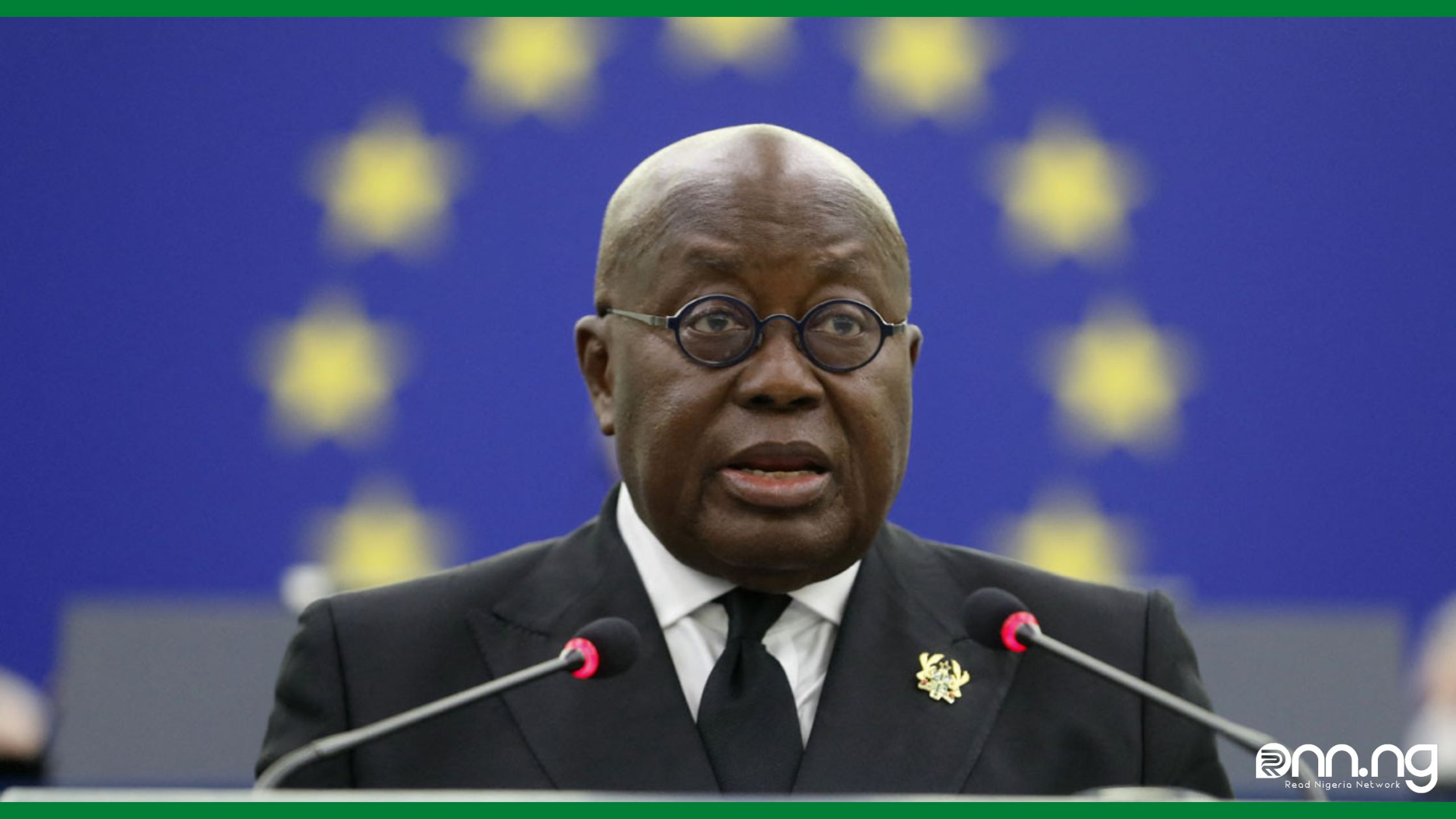Business News
Ghana Suspends Eurobonds and commercial term loans Payments
Ghana has suspended payments on a portion of its foreign debt as the government restructures its debt in accordance with a bailout…

With inflation at more than 50% and a severe decline in the value of the cedi due to the negative impacts of the worldwide pandemic and the Ukraine crisis, the West African nation is experiencing an economic catastrophe.
The finance ministry issued a statement stating, “That is why we are announcing today a suspension of all debt service payments under certain categories of our external debt, pending an orderly restructuring of the concerned obligations.”
According to the statement, “This suspension will encompass payments on our Eurobonds, commercial term loans, and on the majority of our bilateral debt.”
However, the government stated that payments on international debt, new debt (whether multilateral or otherwise), acquired after December 19, 2022, or debts associated with specific short-term trade facilities would not be suspended.
“We are also evaluating certain specific debts related to projects with the highest socio-economic impact for Ghana which may have to be excluded,” it said.
Ghana, formerly seen as a favorite among investors, has recently battled with its debt load. In order to pay off its debt, the government uses more than half of its revenue. Just this year, the collapse in the cedi raised the value of debt by $6 billion.
The suspension of payments on the nation’s foreign debt was described by the administration as a temporary emergency measure pending future arrangements with the nation’s creditors.
Additionally, it pledged to work with all of its foreign creditors to make Ghana’s debt manageable. Daniel Anim Amarteye, a Ghanaian economist, said that the government’s action would cause investors to lose faith in the economy.
“It could affect our credibility in the eyes of the investor community globally and our ability to go to the market in the near future could be affected,”.
“This move will lead to a further downgrade by the international rating organisations.”
Three major international rating agencies have all downgraded Ghana’s debt, in a sign of investor worries over its potential for defaulting.
“The ministry is yet to engage creditors. Whether or not they will agree to the terms from the ministry of finance is another issue. We are moving on very difficult turf,” he added.
Ghana and the IMF reached a $3 billion financing agreement last week to help the country with its economic woes.
Although the board of the fund has not yet given final approval to the three-year loan, the program’s objectives are to lower inflation, increase market confidence in the nation, and make the economy more resilient to outside shocks.
Ghana, a major producer of cocoa and gold with oil and gas potential, has a high debt load and, like the rest of sub-Saharan Africa, has been severely impacted by the Covid outbreak and the Ukraine war.
The 30 million-person West African country is experiencing societal unrest as a result of the economic problems. Street demonstrations against growing living expenses have taken place, and the opposition has demanded for their replacement of the finance minister.
As experts forewarned of a default on debt payments, the crisis compelled President Nana Akufo-administration Addo’s to change its stance earlier this year and request assistance from the IMF.
In order to ease a payment constraint, the government has already proposed a domestic debt exchange. Soon, information about restructuring international debt was anticipated to be made public.
READ MORE: Ghana inflation rate hits 50.3% in November 2022
